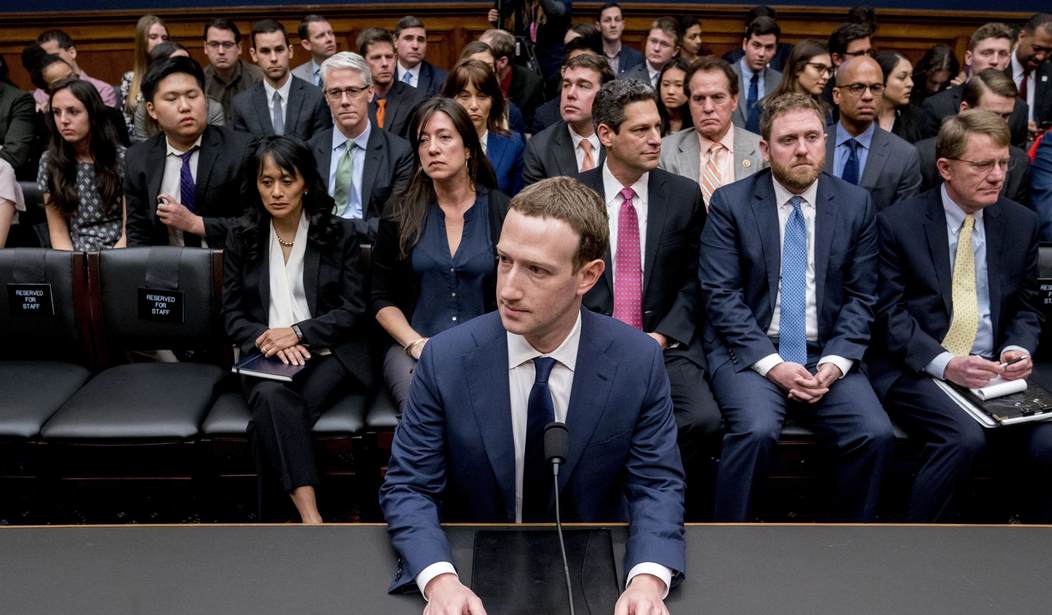A Gallup poll released Wednesday reveals troubling signs for Facebook, as users have become increasingly concerned about their privacy while using the social media site.
According to the poll, 43 percent of U.S. Facebook users say they are “very concerned” about invasion of privacy, up from 30 percent in 2011. Similarly, 26 percent indicate they are “not too concerned” or “not concerned at all,” marking a 10 percent decrease from seven years ago.
This comes amid testimony on Capitol Hill by Facebook CEO Mark Zuckerberg following news that the data of approximately 87 million Facebook users was sold to political data mining firm Cambridge Analytica. Facebook has also taken heat for its role in the spread of misleading or false information during the 2016 presidential election, and in response said it would undertake efforts to combat “fake news.”
But this image crisis has already taken its toll.
The Gallup poll also found that the extent to which users are worried about privacy rights varies based on age and income level. A majority (52 percent) of users 50 and over feel “very concerned” about their privacy when using Facebook, up from 29 percent in 2011. Meanwhile, those with an annual household income $90,000 and above who expressed concerns jumped by 25 percent since 2011.
Recommended
A question not asked in 2011 found that 55 percent of users noted they are “very concerned” and 25 percent “somewhat concerned” about their personal data being sold to and used by other companies and groups. Although Facebook does allow users’ personal data to be accessed by researchers for academic purposes, according to Gallup, it prohibits the sale or transfer of data to target users, as was the case with Cambridge Analytica, in which a personality-quiz app created in 2014 collected users’ data which was later sold to the firm hired by Donald Trump’s presidential campaign. A majority of users affected did not even download the app; their data was acquired through mutual friendships with those who did.
Zuckerberg testified this week that the selling of the data by the author of the app was in violation of Facebook’s policies. As a whole, the CEO’s testimony may have provided some clarity on the issue of Facebook’s data policy, but it also raised several key questions. In addition to gathering user-generated content like pictures, videos and status updates, Facebook collects a user’s location information and internet search history for ad-targeting purposes, as well as a device’s “operating system, hardware version, device settings, file and software names and types, battery and signal strength, and device identifiers,” according to its data policy.
Zuckerberg told Rep. Jerry McNerney (D-CA) that his “understanding is that all of your information is included in your ‘download your information’ [tool].”
But some experts have concerns about whether Zuckerberg was being forthright.
“The ‘download your data’ tool is not as comprehensive as Zuckerberg’s testimony implies,” said Gennie Gebhart, researcher at the Electronic Frontier Foundation. “It is reasonable to expect that there are other inferences that Facebook might have that are not available to you.”

























Join the conversation as a VIP Member